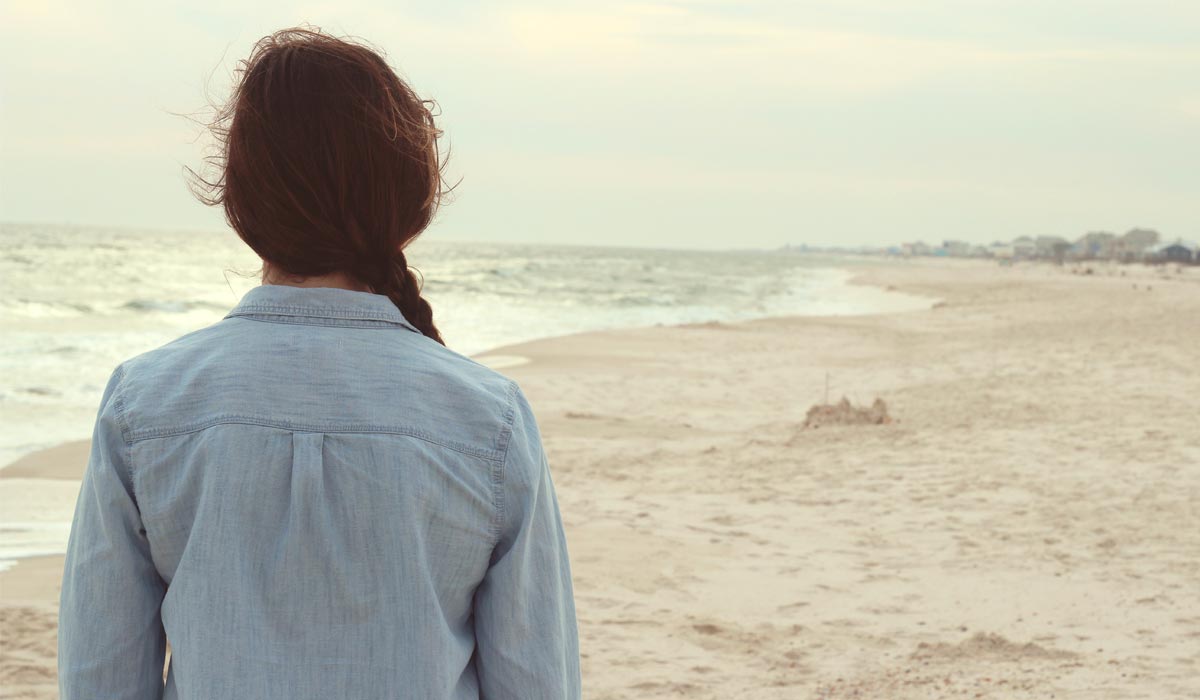The Grief of Miscarriage, Part Two

This week on the Allender Center Podcast, Dr. Dan Allender continues a conversation with his friend and colleague Jeanette White, Program Director at The Allender Center, about the realities of grief and loss, particularly in the context of the devastation of miscarriages and infertility. Last week, Jeanette shared about the war her body and heart suffered after four miscarriages, enduring heartache and hopelessness even while working with the trauma of others.
Jeanette: “We were in a season when so many of our friends were having babies, and I was feeling so left out. Every new pregnancy announcement just felt like a dagger to my heart. It was mocking me and sharpening my fears that we will never, never carry a child.”
Dan: “It’s almost as if everything was conspiring against your ability to be part of and to bring forth life.”
In the midst of their trauma, Jeanette and her husband Campbell were thrown into a war with—and for—hope. At many points, Jeanette says she thought it would be easier to wish hope and desire away, to be content with what was going well in her life and stop looking beyond that.
“Hope was so risky. The risk was looking like a fool to imagine that our story could change.”
Jeanette: “Hope was so risky. The risk was looking like a fool to imagine that our story could change. […] But the reality is that the hope and desire was like a fire in my bones. It would not extinguish, and there was no escaping it. I found hope to be so bound up with desire, and neither of those were going anywhere.”
Dan: “You pressed on with no hope, but hope, with courage that could not actually be enjoyed and named as such. […] You know human hearts have the potential to shut down, to kill, to join evil in killing all hope. Whatever kept hope alive—the presence of God, the presence of your heart, the presence of Campbell, the presence of community—who knows. The bottom line is you had to suffer ongoing hope and hopelessness.”
Jeanette: “Yes, suffering hope feels like a very true phrase. Hope is very hard to live with.”
Dan: “No wonder we Hallmark-card it and trivialize it, or in many ways demand it in order to resolve other people’s suffering that we don’t want to have to bear on their behalf.”
Jeanette also shares about the experience of finally becoming pregnant again and giving birth to a healthy baby boy. She reflects on who she has become through this journey, and how she is now less likely to shy away from other people’s suffering and grief because she remembers how much she needed to be seen and remembered by others in the midst of her own suffering.
Jeanette: “My tendency was to want to retreat in my grief, yet I desperately needed people to pursue me.”
Next week, Dan’s wife Becky and Jeanette’s husband Campbell will join the conversation to reflect on how experiences of grief in miscarriage and infertility affect everyone involved. We hope you will join us.
We would love to hear from you, as well. At the end of this series, we are hoping to engage listener questions and feedback about the realities of miscarriage and infertility, grief and loss, and what hope and desire can possibly mean in the midst of it all. You can email your questions, stories, and responses to Content Coordinator Beau Denton, bdenton@theseattleschool.edu.
